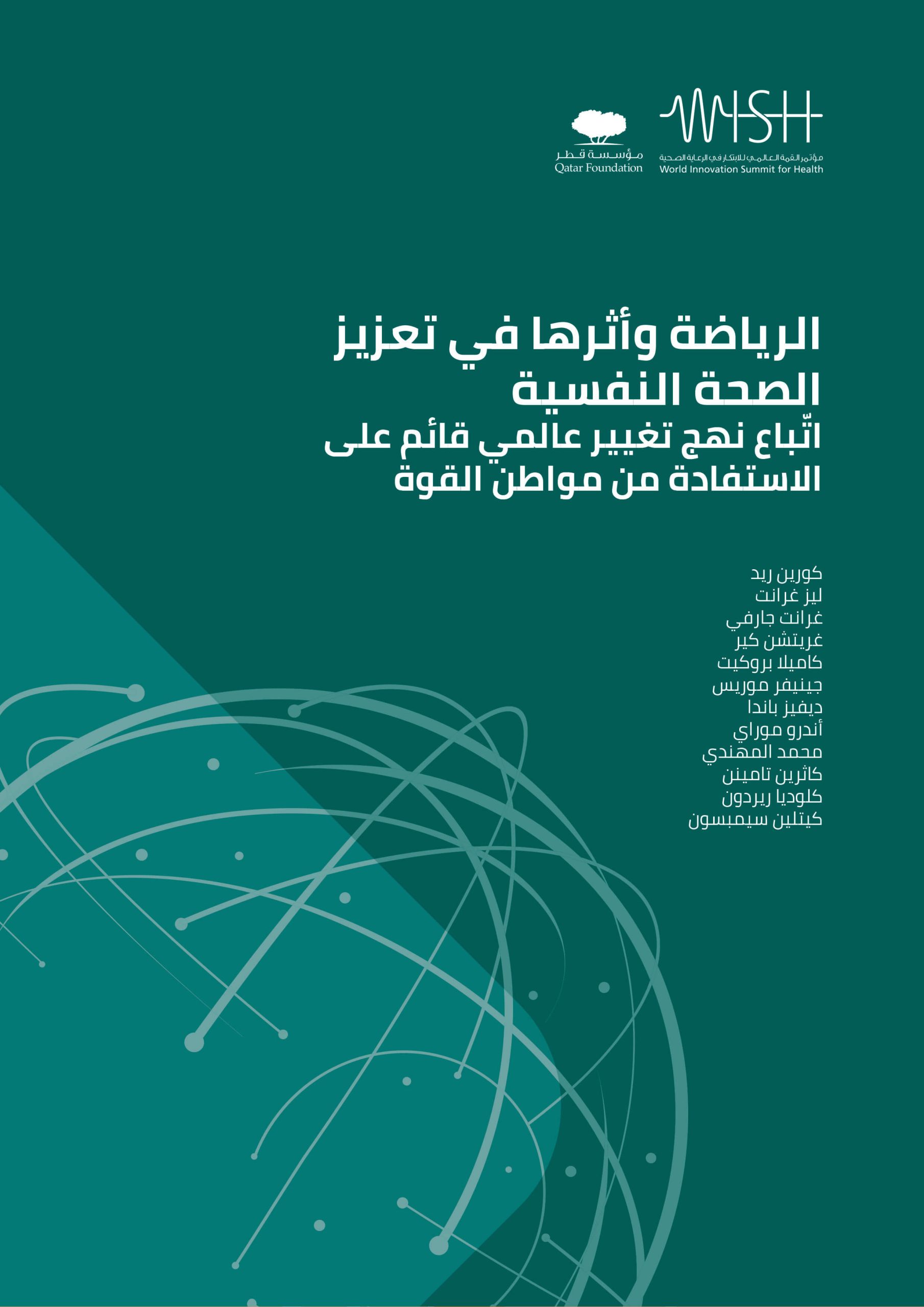ملخص تنفيذي
“Sport has the power to change the world. It has the power to inspire. It has the power to unite people in a way that little else does. It speaks to youth in a language they understand. Sport can create hope where once there was only despair. It is more powerful than government in breaking down racial barriers. It laughs in the face of all kinds of discrimination.”
Nelson Mandela
25 May 2000, inaugural Laureus World Sports Awards
To turn the tide of the global mental health pandemic, the World Health Organization (WHO) Comprehensive Mental Health Action Plan (2013–2030) highlights the importance of accessible and contextrelevant mental health responses, particularly in low- and middleincome countries.
This report identifies sport as a unique exemplar of a globally powerful, yet locally adaptive, community-embedded implementation model that can improve mental health. Sport has unmatched global reach and the power to unify people and cultures through a universal language. Sport can support health systems under pressure, while strengthening communities.
Section 1 presents the evidence of how sport has a positive impact on mental health. Section 2 describes how the scale of the global mental health pandemic can be best addressed by catalyzing sport as a potent mechanism for tackling social and ecological determinants of mental health. Section 3 focuses on elite athletes and how to create mental health ecosystems that are fit for purpose when facing challenging conditions.
We set out a vision for sporting organizations and communities, sporting ambassadors (whether elite athletes or local club representatives) and sporting events to turn the tide of the mental health crisis through leadership and mass mobilization. This report is solution-focused, prioritizing evidence-based recommendations for innovation and ethical best practice. The report has been actively shaped and influenced by an advisory panel of elite athletes, leaders in sporting organizations, practitioners and researchers.
The report concludes with recommendations for prioritizing sport as a mental health response with the scale to help achieve WHO’s Triple Billions goals for health and wellbeing, as well as helping to deliver the United Nations (UN) Sustainable Development 2030 Agenda. We hope that policymakers, practitioners, athletes and researchers find this guidance helpful in creating virtuous circles of action to tackle mental health within sports organizations, and through sporting platforms.

